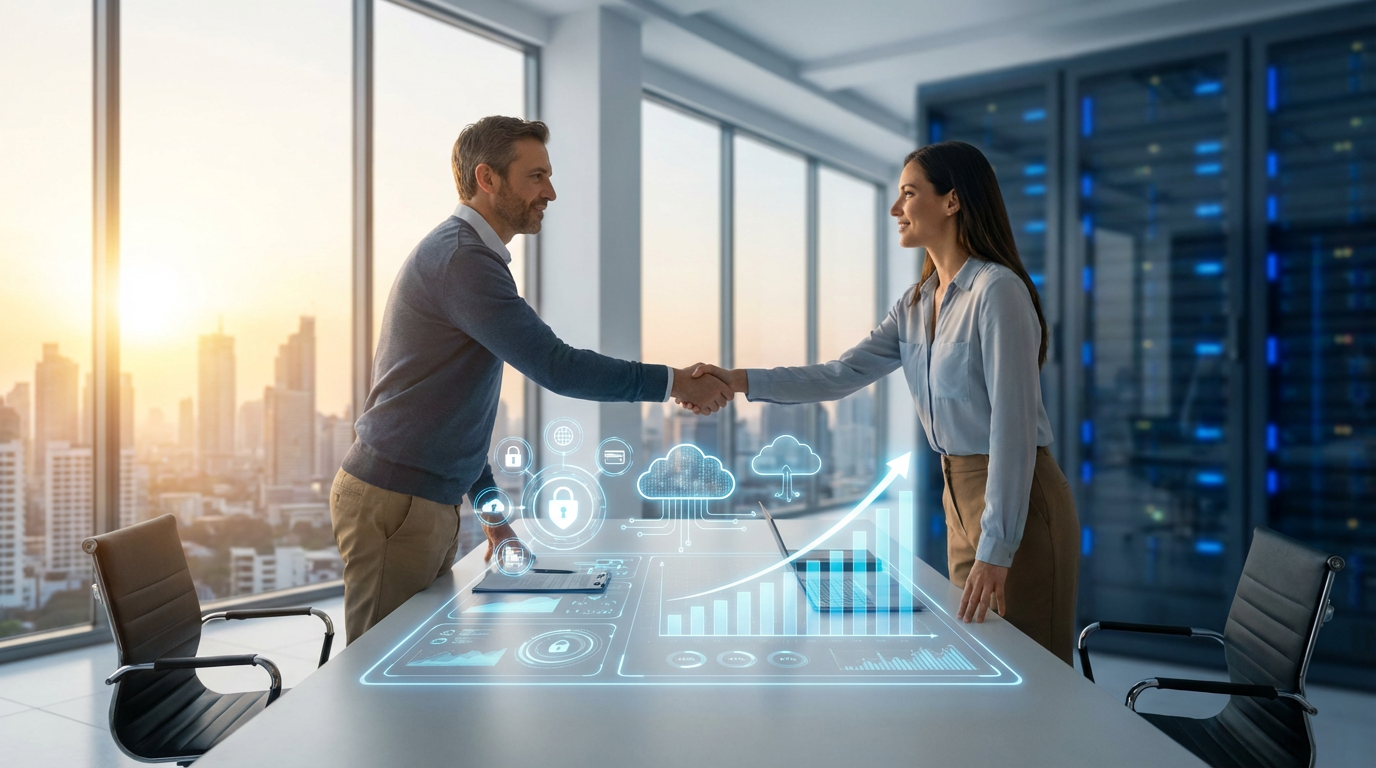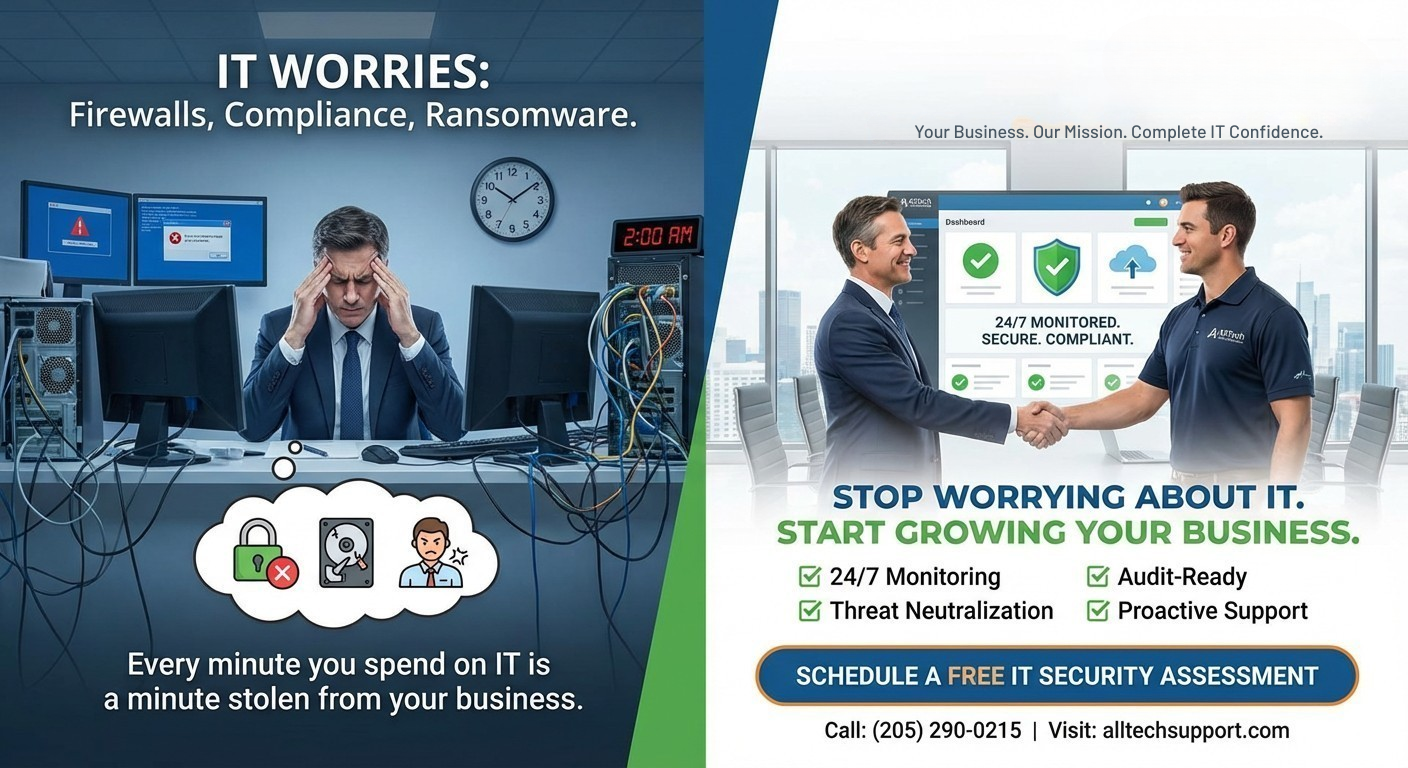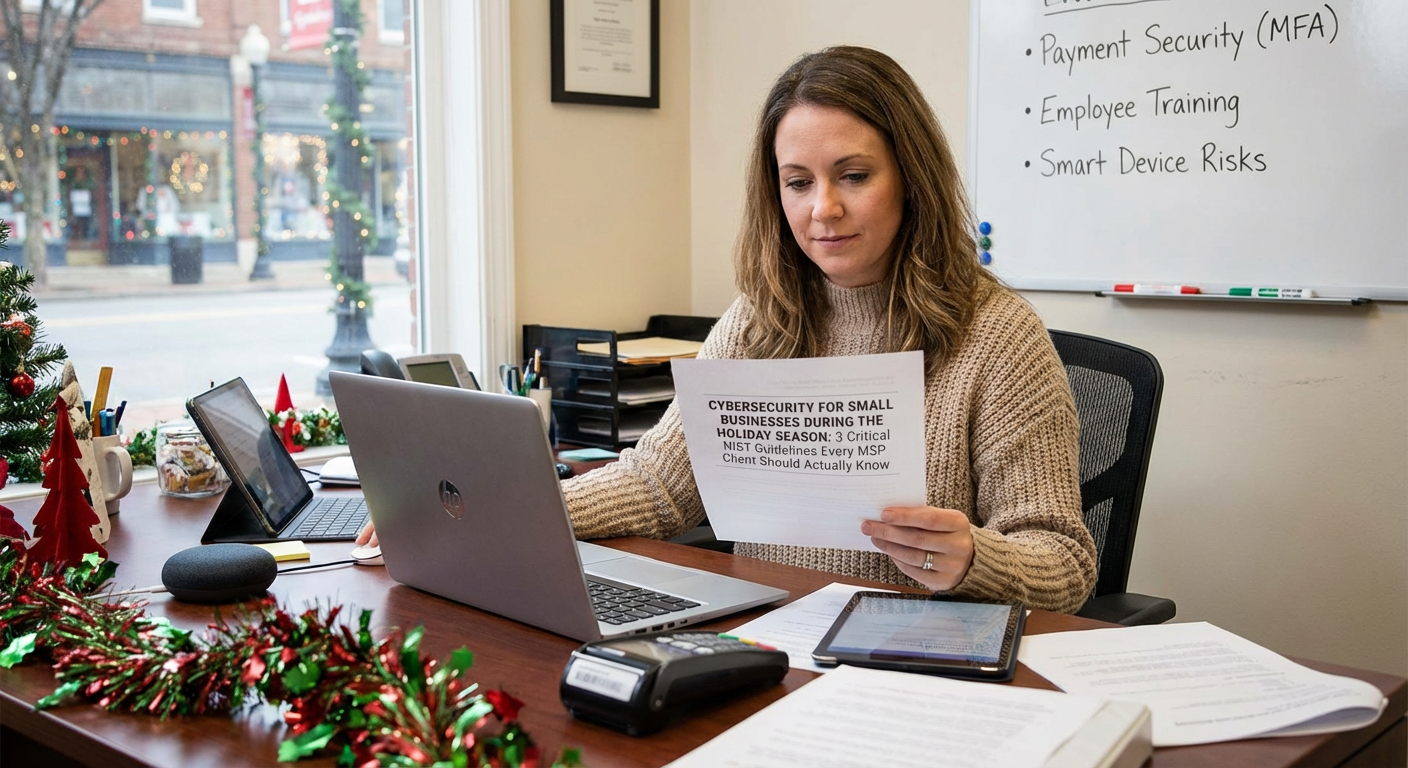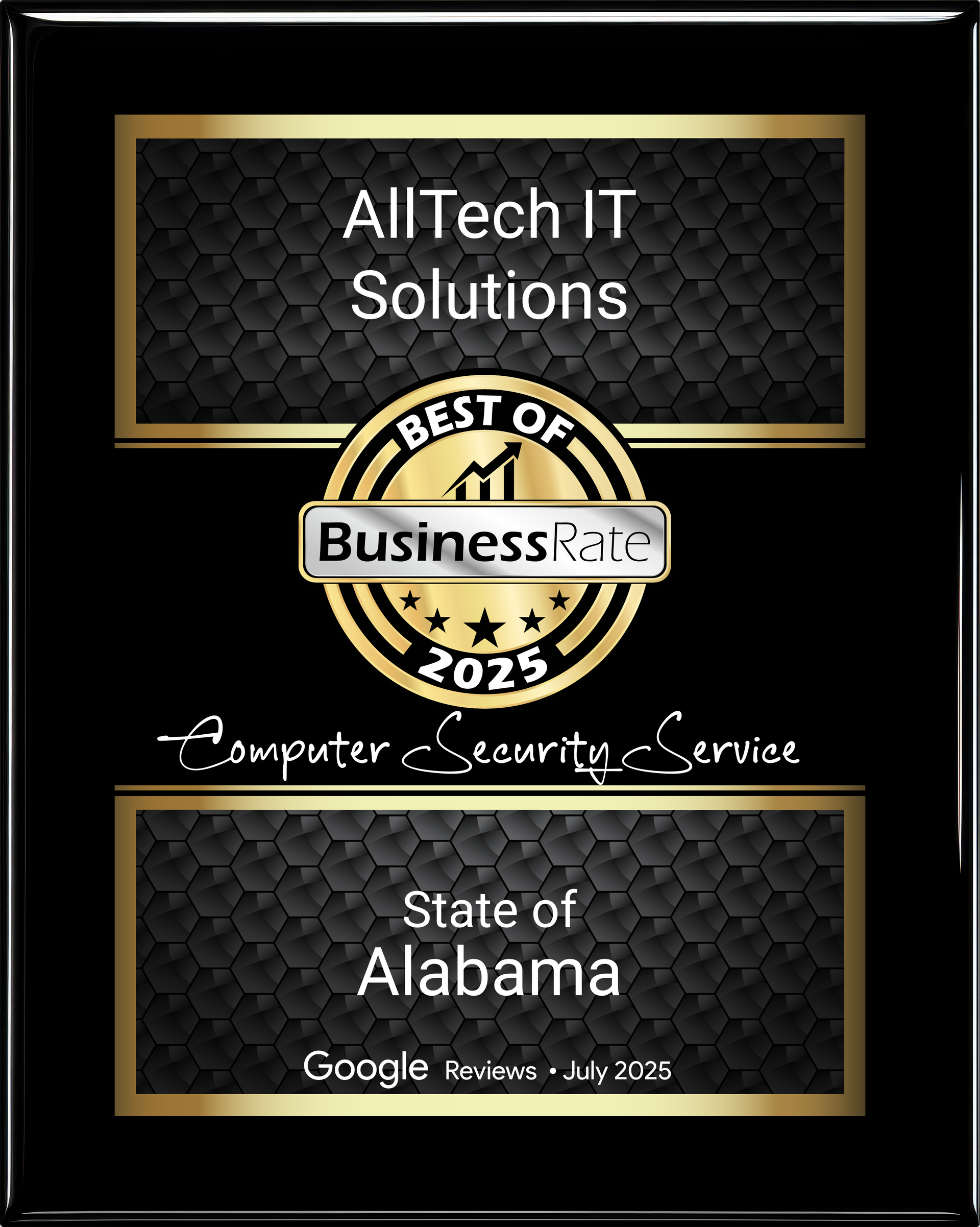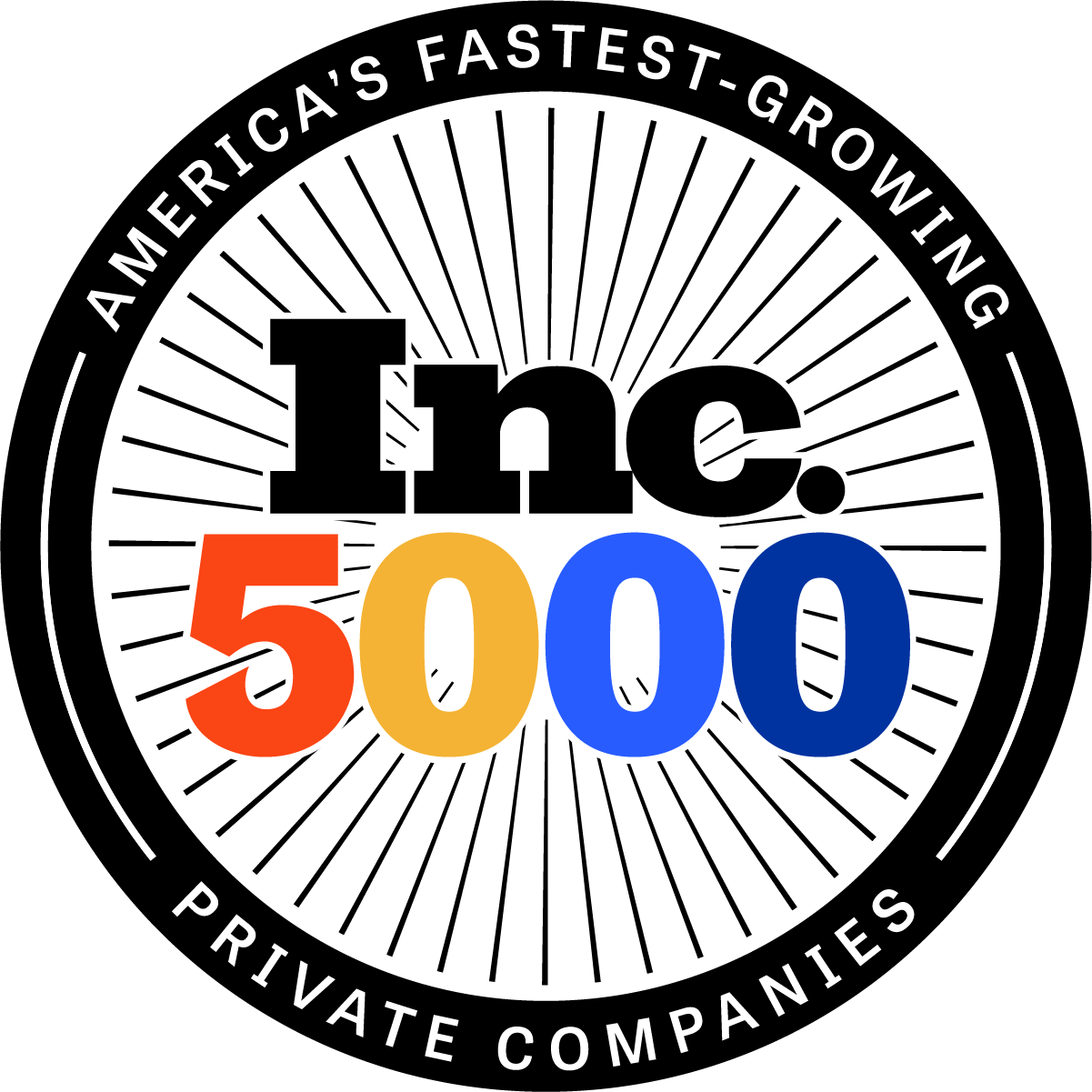Fortifying Legal Practice: How Modern Law Firms Secure Client Documents and Ensure Compliance in the Digital Age
Fortifying Legal Practice: How Modern Law Firms Secure Client Documents and Ensure Compliance in the Digital Age
The legal profession stands at a crossroads. While technology has revolutionized how law firms operate, collaborate, and serve clients, it has simultaneously exposed them to unprecedented cybersecurity risks and compliance challenges. According to the American Bar Association's 2023 Legal Technology Survey, 29% of law firms experienced a security incident in the past year, with email compromise and ransomware attacks leading the charge (American Bar Association). For an industry built on trust, confidentiality, and fiduciary responsibility, these statistics represent more than operational challenges—they threaten the very foundation of attorney-client privilege.
The reality is stark: traditional file management approaches are no longer sufficient for today's legal environment. Modern law firms require enterprise-grade platforms that combine seamless collaboration with ironclad security, ensuring that sensitive client documents remain protected while enabling the flexible, efficient workflows that define successful legal practice.
This white paper examines how forward-thinking law firms are transforming their document management strategies through intelligent platform selection, robust governance frameworks, and comprehensive security controls that protect client confidentiality while maintaining operational excellence.
The Legal Industry's Digital Transformation Imperative
The legal profession has undergone rapid digitization, accelerated by remote work mandates and client expectations for faster, more efficient service delivery. However, this transformation has created a complex security landscape that many firms struggle to navigate effectively.
The Convergence of Risk and Opportunity
Today's law firms manage an intricate web of sensitive information: client communications, case files, financial records, intellectual property documents, and privileged attorney work product. The International Legal Technology Association's 2023 Security Survey reveals that 78% of law firms cite client data protection as their top compliance concern, with 64% struggling to maintain consistent security across remote work environments (International Legal Technology Association).
This challenge is compounded by the legal industry's unique operational requirements. Unlike other professional services, law firms must navigate strict ethical obligations around confidentiality, regulatory compliance across multiple jurisdictions, and the preservation of attorney-client privilege—all while enabling seamless collaboration among attorneys, paralegals, clients, and external counsel.
The Hidden Costs of Inadequate Document Security
When law firms experience security incidents, the consequences extend far beyond immediate financial losses. Consider the cascading effects of a single data breach: client trust erosion, regulatory investigations, potential malpractice claims, and reputational damage that can take years to repair. For solo practitioners and small firms, a significant security incident can be business-ending.
We see this playing out across the legal landscape. Firms using consumer-grade file sharing tools, unsecured email systems, or outdated document management platforms find themselves exposed to threats they never anticipated. The problem isn't just external attacks—it's the lack of visibility, control, and governance that leaves firms vulnerable to both malicious actors and inadvertent data exposure.
The Anatomy of Legal Document Security Challenges
Multi-Layered Compliance Requirements
Modern law firms operate under a complex matrix of regulatory and ethical obligations. State bar associations mandate specific cybersecurity measures, while federal regulations like HIPAA (for healthcare clients) and SOX (for public company clients) impose additional requirements. International clients bring GDPR compliance into the picture, creating a compliance landscape that requires sophisticated document management capabilities.
The challenge isn't simply meeting these requirements—it's maintaining compliance while preserving the collaborative, fast-paced environment that legal work demands. Traditional approaches often create friction: attorneys avoiding secure systems because they're cumbersome, or firms implementing such restrictive controls that productivity suffers.
The Remote Work Security Gap
The shift to hybrid and remote work has fundamentally changed how legal teams access and share documents. Attorneys working from home offices, traveling to client sites, or collaborating across time zones need seamless access to case files and client documents. However, many firms have struggled to extend their security perimeter beyond traditional office boundaries.
We regularly encounter firms where attorneys use personal devices, unsecured networks, and unauthorized cloud services to access client files—simply because their firm's official systems don't support their workflow needs. This creates shadow IT environments that expose sensitive data while remaining invisible to firm administrators.
Client Expectations and Competitive Pressure
Today's legal clients expect their counsel to leverage technology for efficient service delivery. Corporate clients, in particular, demand secure document sharing capabilities, real-time collaboration tools, and transparent project management. Firms that cannot meet these expectations find themselves at a competitive disadvantage.
However, meeting client expectations while maintaining security presents a complex balancing act. Clients want convenience and speed, but they also expect their confidential information to be protected with bank-level security. This dual requirement has driven successful firms toward enterprise-grade platforms that deliver both user experience and security controls.
Architecting the Modern Legal Document Management Solution
The AllTech Secure File Share Framework
Our AllTech Secure File Share platform, powered by Egnyte's enterprise-grade architecture, represents a fundamental shift in how law firms approach document security and collaboration. Rather than treating security and productivity as competing priorities, our solution integrates both into a unified platform designed specifically for the unique requirements of legal practice.
The foundation of our approach rests on four critical pillars: intelligent access controls, comprehensive audit capabilities, seamless collaboration tools, and automated compliance monitoring. These elements work together to create an environment where attorneys can work efficiently while maintaining the highest standards of client confidentiality and regulatory compliance.
Intelligent Access Controls and Permission Management
Traditional file sharing solutions rely on static permission structures that quickly become unwieldy in complex legal environments. Our platform implements dynamic, role-based access controls that automatically adjust based on case assignments, client relationships, and matter-specific requirements.
When a new matter opens, the system automatically creates secure workspaces with appropriate access levels for assigned team members. Paralegals can access case files and discovery documents, but not attorney work product or strategy materials. Clients can view specific documents while maintaining strict barriers around privileged communications. External counsel can collaborate on joint defense materials without accessing unrelated case information.
This granular control extends to individual document levels. Draft motions remain accessible only to assigned attorneys until marked for client review. Settlement negotiations stay within authorized teams until agreements are finalized. The system enforces these controls automatically, reducing the risk of inadvertent disclosure while eliminating the administrative overhead of manual permission management.
Comprehensive Audit Trails and Forensic Capabilities
Legal practice demands detailed documentation of who accessed what information, when, and from where. Our platform maintains comprehensive audit logs that track every interaction with client documents, creating an unbreakable chain of custody that supports both ethical obligations and potential litigation needs.
These audit capabilities extend beyond simple access logging. The system tracks document versions, collaboration activities, and sharing decisions, creating a complete forensic record. When questions arise about information disclosure or document handling, firm administrators can quickly generate detailed reports showing exactly what occurred.
During e-discovery processes, these audit trails become invaluable. Rather than reconstructing document access patterns from scattered sources, legal teams can generate precise timelines showing how information was accessed, modified, and shared throughout case development.
Seamless Client Collaboration Without Compromise
Modern legal clients expect to participate actively in case management while maintaining strict confidentiality controls. Our platform enables this through secure client portals that provide controlled access to case materials without compromising security boundaries.
Clients can review documents, provide feedback, and share additional materials through branded portals that maintain firm identity while ensuring all interactions remain within the secure environment. The system automatically applies retention policies, ensuring that client access expires appropriately while maintaining permanent firm records for ethical and regulatory compliance.
For complex matters involving multiple parties, the platform supports sophisticated collaboration scenarios. Joint defense groups can share materials while maintaining privilege. Co-counsel arrangements enable seamless document exchange without exposing client information to unauthorized parties. The technology adapts to legal requirements rather than forcing legal teams to adapt to technology limitations.
The Tangible Outcomes: Measurable Benefits for Legal Practice
Enhanced Risk Management and Compliance Posture
Law firms implementing comprehensive document security platforms experience immediate improvements in their risk profiles. Professional liability insurers increasingly recognize firms with robust cybersecurity controls, often offering premium reductions for documented security improvements.
Our clients report significant reductions in security incidents following platform deployment. Automated access controls eliminate human error in permission assignment. Real-time monitoring detects unusual access patterns before they become security breaches. Comprehensive encryption ensures that even if data is intercepted, it remains protected.
The compliance benefits extend beyond basic security improvements. Automated policy enforcement ensures consistent application of retention rules, access controls, and confidentiality protections across all client matters. When regulatory audits occur, firms can demonstrate comprehensive compliance through detailed audit logs and policy documentation.
Increased Operational Efficiency and Attorney Productivity
Security improvements often come at the cost of user convenience, but enterprise-grade platforms reverse this equation. By eliminating the friction associated with secure document access, attorneys spend less time on administrative tasks and more time on substantive legal work.
Our clients consistently report improved collaboration efficiency following platform deployment. Attorneys can access case files from any location without VPN complications. Document version control eliminates confusion about current drafts. Automated workflow routing ensures that materials reach the right people at the right time.
The productivity gains extend to support staff as well. Paralegals can organize case materials more effectively through intelligent filing systems. Administrative staff can manage client communications through secure channels that maintain privilege protections. IT teams gain centralized visibility and control, reducing the time spent on user support and security incidents.
Competitive Advantage Through Client Service Excellence
Law firms with sophisticated document management capabilities can offer service levels that distinguish them from competitors. Clients notice when their counsel can provide secure, real-time access to case materials. They appreciate being able to participate in matter management through professional portals rather than insecure email exchanges.
These capabilities become particularly valuable in competitive proposal situations. When potential clients evaluate legal counsel, firms that can demonstrate comprehensive security controls and sophisticated collaboration tools often have significant advantages over those relying on traditional approaches.
The competitive benefits compound over time as firms build reputations for technological sophistication and security consciousness. Referral sources increasingly consider cybersecurity capabilities when making recommendations, particularly for matters involving sensitive corporate information or regulatory compliance.
Business Resilience and Continuity Planning
Recent years have demonstrated the critical importance of business continuity planning for law firms. Firms with cloud-based, secure document management platforms maintained full operational capability during lockdowns, natural disasters, and other disruptions.
Our platform's hybrid architecture ensures that firms maintain access to critical documents regardless of circumstances. Local caching provides high-speed access during normal operations, while cloud synchronization ensures that information remains available even if local systems are compromised or inaccessible.
This resilience extends to cybersecurity incidents as well. When ransomware attacks occur, firms with comprehensive backup and recovery capabilities can restore operations quickly without paying ransoms or losing client data. The ability to maintain operations during crisis situations has become a fundamental competitive requirement.
Your Strategic Next Step: Transforming Legal Practice Through Intelligent Platform Selection
The legal industry's digital transformation is no longer optional—it's a competitive and professional necessity. Firms that continue relying on outdated document management approaches will find themselves increasingly vulnerable to security incidents, compliance failures, and competitive disadvantage.
However, transformation success depends on selecting platforms that understand the unique requirements of legal practice. Generic business solutions cannot address the complex interplay of ethical obligations, regulatory requirements, and operational needs that define modern legal work. Law firms require specialized capabilities delivered through enterprise-grade platforms designed for their specific challenges.
The firms that thrive in this environment will be those that view document security not as a constraint, but as a strategic enabler. By implementing comprehensive platforms that combine robust security with seamless collaboration, these firms will deliver superior client service while maintaining the trust and confidentiality that form the foundation of legal practice.
About AllTech IT Solutions
AllTech is a leading provider of integrated IT management and cybersecurity solutions. We partner with businesses to transform their technology from a liability into a strategic asset, delivering robust security, operational efficiency, and a clear path to compliance. Our expert team leverages best-in-class platforms to build proactive and resilient technology environments.
Take the Next Step
Ready to fortify your defenses and turn your security posture into a competitive advantage? See how AllTech's strategic approach can be tailored to your unique business challenges.
Contact our cybersecurity strategists today for a complimentary security consultation.
Email: Sales@AllTechSupport.com
Phone: 205-290-0215
Web: AllTechSupport.com
Works Cited
American Bar Association. "2023 Legal Technology Survey Report." American Bar Association, 2023.
International Legal Technology Association. "2023 Security Survey: Cybersecurity Trends in Legal Organizations." International Legal Technology Association, 2023.
GenerateCopy



